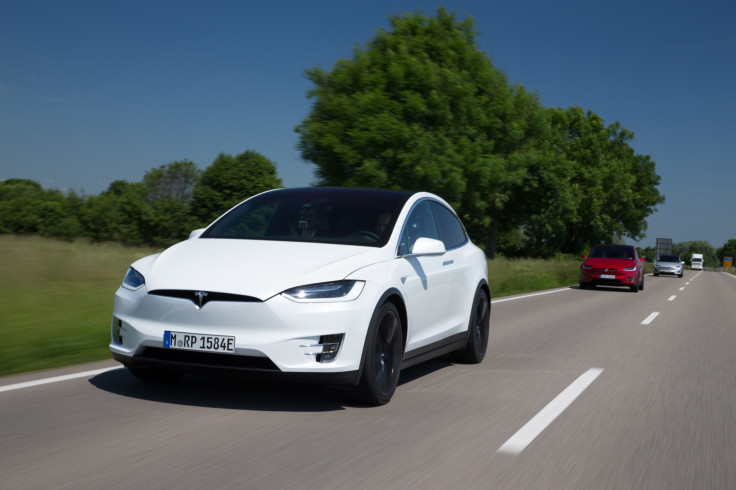Is Tesla Autopilot name misleading? Lawyers and policy experts wade in after fatal Model S crash
Policy expert says Model S crash should not impede autonomous car development.

A fatal Tesla Model S crash which occurred while the car was driving itself should not discourage the advancement of driverless car technology, says an autonomous car policy expert, while lawyers argue the Autopilot name might have to change.
The Model S crashed into the trailer of a truck which was turned across a highway in Florida on 7 May. Joshua Brown, 40, was killed at the scene when the car drove under the trailer, which struck the windscreen. Tesla claims neither the car nor the driver saw the trailer, as its white colour was hidden against the bright sky. Autopilot, which was operating during the incident, controls the accelerator, braking and steering to keep the car in lane and a safe distance from surrounding vehicles.
But the crash, which resulted in the first known death in a Tesla using Autopilot, should not be used as an excuse to curb the development of autonomous car technologies, says Sahar Danesh, the principal policy advisor for transport at the Institute of Engineering and Technology. "This appears to be a tragic accident but it should not discourage the advancement of driverless cars on our roads." Danesh said in a statement emailed to IBTimes UK.
Danesh added: "Autonomous driving until now has had a strong safety record. One of the advantages autonomous vehicles have over traditional vehicles is that they record everything that goes on around them in detail, so those investigating what happened in the case of the self-driven Tesla will have a lot of information that they can use to improve the future safety of autonomous transport – so that these kinds of accidents can be avoided in the future.
"It is important to remember that driverless vehicles have huge potential to transform the UK's transport network. In the long term, autonomous cars could improve road safety, reduce congestion and lower emissions."
In a company blog post published on 30 June, Tesla said Autopilot had been used by Model S and Model X drivers for over 130 million miles before its first fatality. This compares, the car maker says, to US road deaths, which occur every 90 million miles, and road deaths globally, which happen every 60 million miles.
Gaining public trust is crucial
"Public acceptance and trust are crucial, so these trials must get to grips with the best ways to win over everyone from car manufacturers to consumers to the benefits of driverless cars.
"However, we are unlikely to see fully autonomous vehicles in the very near future but what we will see is increased levels of automation, such as speed and lane control, rather than completely driverless cars. The increased technology in our vehicles will also have a very beneficial effect for older people, allowing them to stay mobile for longer."
Although we are yet to learn exactly what happened to cause the collision, this accident could well set a precedent for autonomous car laws and regulation. The warnings issues, alerts sounded and perhaps even the Autopilot name itself will be scrutinised by lawyers the world over.
"This tragic incident highlights one issue in particular, which is how to safely manage the transition from full driver control to full vehicle autonomy. Manufacturers' sales pitches versus customers' expectations and the software's capabilities must all be carefully considered. Caroline Coates, head of automotive at business law firm DWF, headquartered in Manchester, told IBTimes UK.
Coates added: "In this particular case, it isn't clear what the requirement for the driver to 'remain alert' at the wheel means in practice, and you could argue that calling it 'autopilot' mode is misleading. This is likely to be tested in the courts sooner rather than later. Making driverless cars a reality on our roads depends on consumer trust and confidence in the technology, so a very high profile liability case is a real risk to the industry."
© Copyright IBTimes 2025. All rights reserved.






















